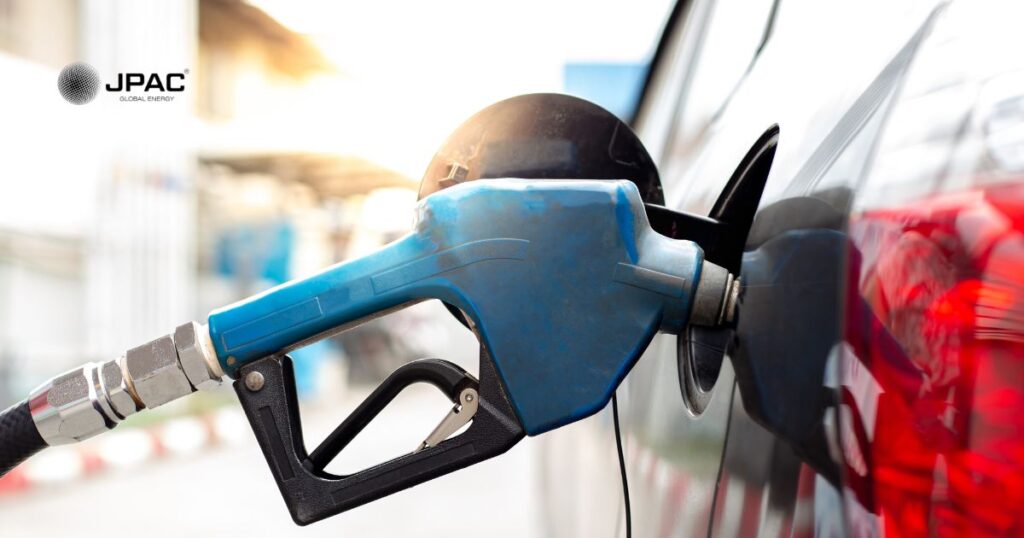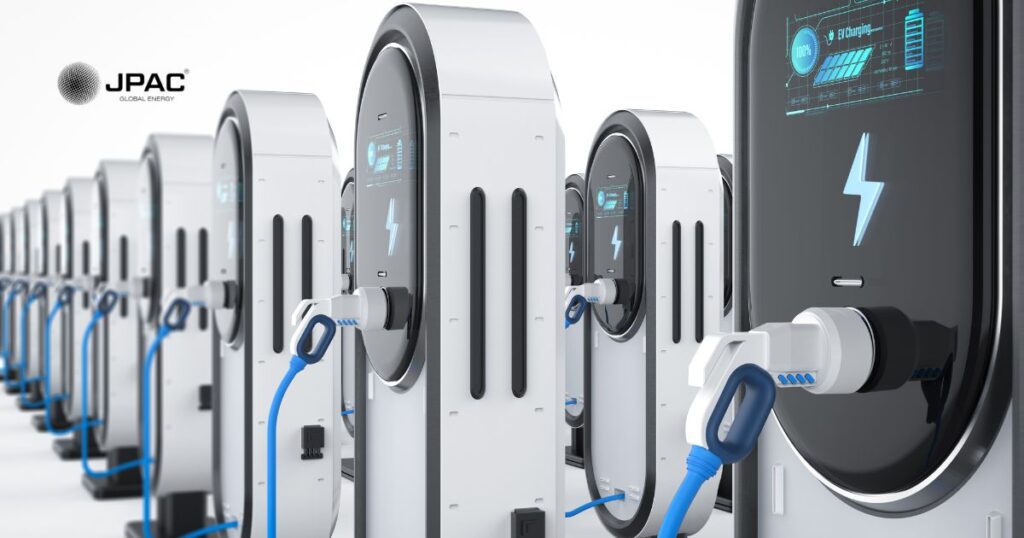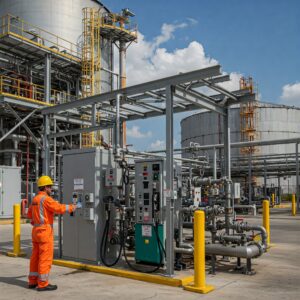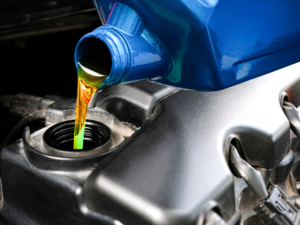Choosing the right fuel and fuel additives is essential for maximizing vehicle performance, efficiency, and longevity. With a wide range of options available, understanding which fuels and additives work best for different vehicle types can make a significant difference. In this guide, we explore the most effective fuel additives for various vehicles and how they enhance performance, optimize fuel efficiency, and extend engine life.
High-Octane Fuel Additives for Performance Cars
Performance vehicles require fuel that can handle high compression ratios, and high-octane fuel delivers exactly that. Designed to prevent knocking and pinging, this fuel enhances combustion efficiency, ensuring smooth acceleration and power delivery.
- Optimized Engine Performance: High-octane fuels allow high-performance engines to operate at peak efficiency, maximizing horsepower and torque.
- Improved Fuel Efficiency: Despite common misconceptions, high-octane fuels can improve mileage in engines specifically designed for them.
For sports cars, luxury sedans, and high-performance vehicles, using a high-quality octane booster can further refine combustion, reduce carbon deposits, and keep engines running smoothly.

Top-Tier Gasoline for Everyday Commuters
For daily commuters and standard passenger vehicles, top-tier gasoline provides superior engine protection. This fuel contains enhanced detergents that exceed regulatory standards, ensuring cleaner engine components and optimized fuel economy.
- Enhanced Engine Cleanliness: Detergents in top-tier gasoline reduce carbon buildup, prolonging engine life.
- Consistent Performance: Regular use leads to improved throttle response, reduced emissions, and better fuel efficiency.
Everyday drivers can benefit from top-tier gasoline additives that help maintain optimal injector performance and prevent wear over time.
Diesel Fuel Additives for Diesel-Powered Vehicles
Diesel engines require specialized fuel additives to enhance combustion and protect engine components. Diesel fuel contains a higher energy density than gasoline, making it ideal for vehicles that demand power and efficiency.
- Improved Lubrication: Diesel fuel additives prevent wear in fuel injectors and pumps.
- Cold-Weather Protection: Anti-gel additives prevent fuel thickening in cold temperatures, ensuring smooth operation.
Trucks, SUVs, and commercial diesel vehicles benefit from premium diesel additives that boost cetane levels, clean injectors, and improve fuel economy.
E85 Ethanol Blend for Flex-Fuel Vehicles
Flex-fuel vehicles (FFVs) are designed to run on both gasoline and ethanol blends, with E85 (85% ethanol, 15% gasoline) being a common choice. Ethanol-based fuels offer a renewable, lower-carbon alternative to traditional gasoline.
- Increased Octane Rating: Higher octane levels contribute to improved combustion efficiency.
- Environmental Benefits: Ethanol is derived from renewable sources, reducing dependence on fossil fuels.
While E85 can enhance power output, it may slightly reduce fuel economy. Flex-fuel vehicle owners should consider ethanol stabilizers to maintain fuel quality over time.
Electric Charging for Electric Vehicles
Electric vehicles (EVs) have revolutionized transportation by eliminating the need for traditional fuels. Instead, EVs rely on charging stations to replenish their batteries.
- Multiple Charging Levels: Level 1 (standard household), Level 2 (dedicated charging stations), and Level 3 (rapid charging stations) offer varying speeds.
- Zero Emissions: Electric power eliminates tailpipe emissions, contributing to cleaner air.
With expanding charging networks, EV owners have more accessibility to fast and efficient charging solutions, making sustainable transportation more convenient.

Hydrogen Fuel Cells for Hydrogen-Powered Vehicles
Hydrogen-powered vehicles utilize fuel cells to generate electricity, producing only water vapor as a byproduct. As hydrogen fuel cell technology advances, it presents a promising alternative for zero-emission driving.
- High Energy Efficiency: Hydrogen offers a rapid refueling process compared to battery-electric charging.
- Growing Infrastructure: Hydrogen stations are gradually expanding, increasing accessibility.
Specialized hydrogen additives help maintain system performance and extend the life of fuel cells as technology continues to evolve.
Propane Autogas for Fleet Vehicles
Fleet operators seeking cost-effective and eco-friendly fuel alternatives often turn to propane autogas. This fuel is widely used in taxis, buses, and delivery trucks.
- Lower Emissions: Propane burns cleaner than gasoline and diesel, reducing environmental impact.
- Cost-Effective: Lower fuel costs and extended engine life make propane a viable option for fleet vehicles.
With a well-established refueling infrastructure, propane autogas remains a reliable alternative for businesses prioritizing sustainability and fuel savings.
Finding the Right Fuel Solution for Your Vehicle
Selecting the right fuel and fuel additives is critical for ensuring optimal performance, efficiency, and engine longevity. Whether you drive a high-performance sports car, a daily commuter vehicle, or a heavy-duty diesel truck, choosing the appropriate fuel can lead to improved driving experiences and long-term cost savings.
At JPAC Global Energy, we provide expert guidance on fuel options and high-quality additives tailored to your vehicle’s needs. Visit our website now to learn more.







2 thoughts on “Exploring the Best Fuel Additives for Various Types of Cars”
Comments are closed.